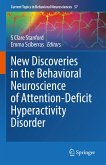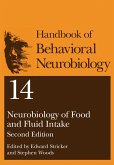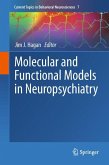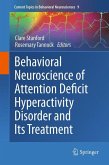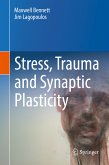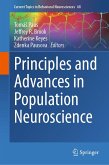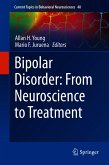Organized across five parts, the handbook starts with chapters on the history, etiology, and assessments of anhedonia (Part I), followed by a section on the role of anhedonia in psychiatric and neurological disorders (Part II). Using the RDoC Matrix as a guide, Part III presents chapters synthetizing preclinical and clinical findings on different reward processing subdomains (e.g., reward responsiveness, reward valuation, reward learning). Part IV is focused on selected special topics, including historical and current perspectives on the transdiagnostic nature and importance of social anhedonia, the role of inflammation in the pathophysiology of anhedonia, the use of computational modeling to "dissect" anhedonia and improve its understanding, and links between anhedonia and suicide. Finally, Part V includes chapters on pharmacological, psychological and neurostimulation treatments for anhedonia.
Dieser Download kann aus rechtlichen Gründen nur mit Rechnungsadresse in A, B, BG, CY, CZ, D, DK, EW, E, FIN, F, GR, HR, H, IRL, I, LT, L, LR, M, NL, PL, P, R, S, SLO, SK ausgeliefert werden.



